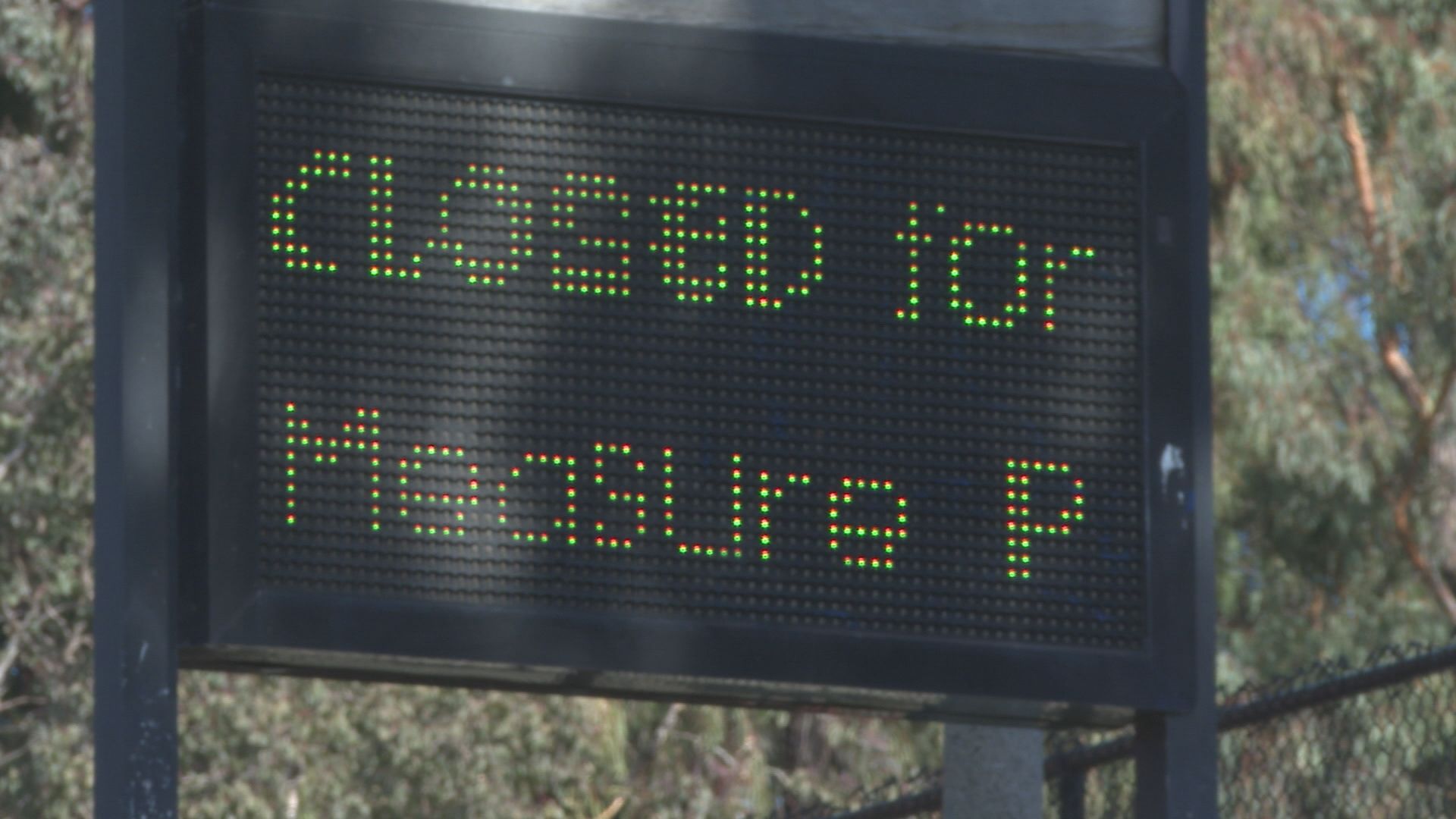Voters in the city of San Diego do not appear to be sold on the one-cent sales tax that was on their ballot. It is failing by a razor-thin margin as of Tuesday.
The city's Independent Budget Analyst (IBA) said the lack of new revenue would put the city in a tight spot come budget season.
“They're going to be very difficult conversations," said Charles Modica. “We've used a lot of one-time fixes to kind of tide us over for the last couple of years. And at certain points, more significant restructures need to happen.”
Get top local stories in San Diego delivered to you every morning. >Sign up for NBC San Diego's News Headlines newsletter.
Restructures, proponents of the sales tax said, to help maintain and improve infrastructure and address a $200 million deficit. The IBA said the city will continue to search for state and federal grant money, but those dollars likely will not go far enough.
“The city simply can't spend money that it doesn't have,” said Modica. “Much needed deferred maintenance for existing infrastructure is going to continue to be deferred."
The CEO of the San Diego County Taxpayers Association (SDCTA) said city leaders need to prove to voters they will spend wisely. The SDCTA opposed the sales tax increase.
Decision 2024
“This is an opportunity for the city to really get its management in order and start actually getting back to basics and doing the work that the city purports it wants to do," said Haney Hong. "Well, that structural deficit, what does that mean? There's something wrong with the structure."
Voters are giving the mayor and council president a second term but appear to be voting down the sales tax those very politicians supported.
"We at the Taxpayers Association never disputed that there's a need. We never disputed that. Our issue was that there aren't the protections to ensure that the dollars go to that need," said Hong.
Saving money also appears to be the driving force behind how voters are going on Measure G, the county-wide half-cent sales tax increase. It is lagging by about 30,000 votes as of Tuesday. (There are still about 140,000 votes being processed, and official results are certified the first week of December.)
Sales tax increases did pass in certain municipalities, including Lemon Grove and San Marcos, and previous sales taxes were extended in others, including Chula Vista and El Cajon.
“I don't think that there's necessarily an anti-tax trend,” said Hong. “San Diegans are willing to pay more taxes and chip into the kitty if they can trust their local government will do a good job with it.”
According to the IBA, the city's budget is about half public safety, a quarter paying off bonds (legally required expenditures) and a quarter on services like parks, libraries and storm water.
Now, the city of San Diego is tasked with filling potholes and closing a deficit — perhaps without more money.
“We'll do the best with what we have. It will require some reductions in services from what we have been providing over the last several years,” said Modica.




